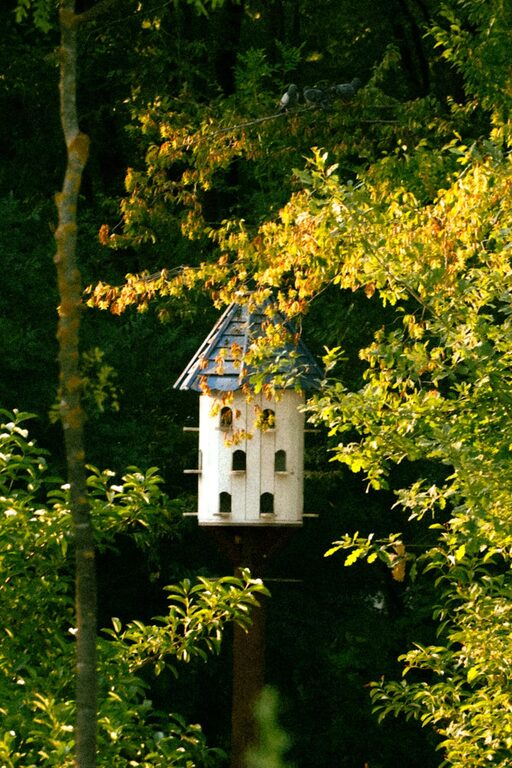Birdwatching is a peaceful and rewarding hobby that you can enjoy right in your own backyard. It allows you to connect with nature, learn about local wildlife, and take a break from the hustle and bustle of everyday life. If you’re new to birdwatching, this guide will help you get started with simple, beginner-friendly tips.
Why Start Birdwatching in Your Backyard?
Backyard birdwatching offers several benefits:
– Convenience: No need to travel far; just step outside.
– Relaxation: Observing birds can be calming and stress-relieving.
– Education: You’ll learn about local species and their behaviors.
– Connection: It’s a wonderful way to connect with nature and the outdoors.
Getting started is easier than you might think. Here’s how to make your backyard inviting to birds and enjoy watching them.
Setting Up Your Backyard for Birdwatching
1. Create a Bird-Friendly Environment
Birds are attracted to places that provide food, water, shelter, and safety. Here’s how to cater to these needs:
– Plant Native Plants: Grow shrubs, trees, and flowers native to your region. They provide natural food sources like berries, seeds, and insects.
– Provide Fresh Water: A birdbath or a shallow dish of water invites birds to drink and bathe. Remember to keep it clean and refill it regularly.
– Offer Shelter: Dense bushes or small trees provide shelter from predators and bad weather.
– Add Nesting Boxes: Some birds will use birdhouses to nest. Choose boxes suited for common local species.
2. Choose the Right Bird Feeder
Bird feeders are a great way to attract birds and observe them up close. Consider these tips:
– Select Appropriate Feeders: Tube feeders, platform feeders, or suet cages attract different bird types.
– Use Quality Birdseed: Different birds prefer different foods. Black oil sunflower seeds attract many species, while nyjer seed is good for finches.
– Place Feeders Wisely: Place feeders near cover, like shrubs or trees, so birds feel safe but away from high-traffic areas.
3. Use Binoculars and Field Guides
While many birds can be seen with the naked eye, binoculars help you get a closer look without disturbing them. A simple pair of binoculars suitable for beginners is adequate. Field guides or bird identification apps help you recognize and learn about the species you see.
Tips for Enjoying Backyard Birdwatching
1. Be Patient and Quiet
Birds can be shy and easily startled. To increase your chances of watching them:
– Move slowly and avoid sudden movements.
– Speak softly or remain silent.
– Spend time sitting or standing quietly near feeders or bird-friendly areas.
2. Keep a Birdwatching Journal
Recording your observations can enhance your experience:
– Note the species you see, time, date, and behavior.
– Sketch or photograph birds if possible.
– Over time, you’ll notice patterns like what times birds are most active or seasonal visitors.
3. Learn the Basics of Bird Behavior
Understanding bird habits can make birdwatching more interesting:
– Watch feeding habits to identify species.
– Listen for bird songs and calls; they’re unique to each species.
– Observe flight patterns and social behaviors.
4. Practice Ethical Birdwatching
Respect the birds and their habitat by:
– Avoiding disturbing nests or birds.
– Not using harmful chemicals in your yard.
– Keeping cats indoors or supervised to protect birds.
Common Backyard Birds to Watch For
Depending on your location, several birds may visit your yard. Here are a few common species often spotted:
– Northern Cardinal: Bright red males with a crest, common in many areas.
– American Robin: Known for its rusty red breast and melodious song.
– Blue Jay: Vibrant blue birds with distinctive calls.
– House Finch: Small birds often seen feeding at feeders.
– Chickadee: Small, friendly birds with a distinctive “chick-a-dee” call.
Final Thoughts
Backyard birdwatching is a delightful and accessible way to enjoy nature every day. By making your yard welcoming to birds and practicing patience, you’ll soon find yourself looking forward to each visit. With time, you may even become a local bird expert!
Happy birdwatching!


